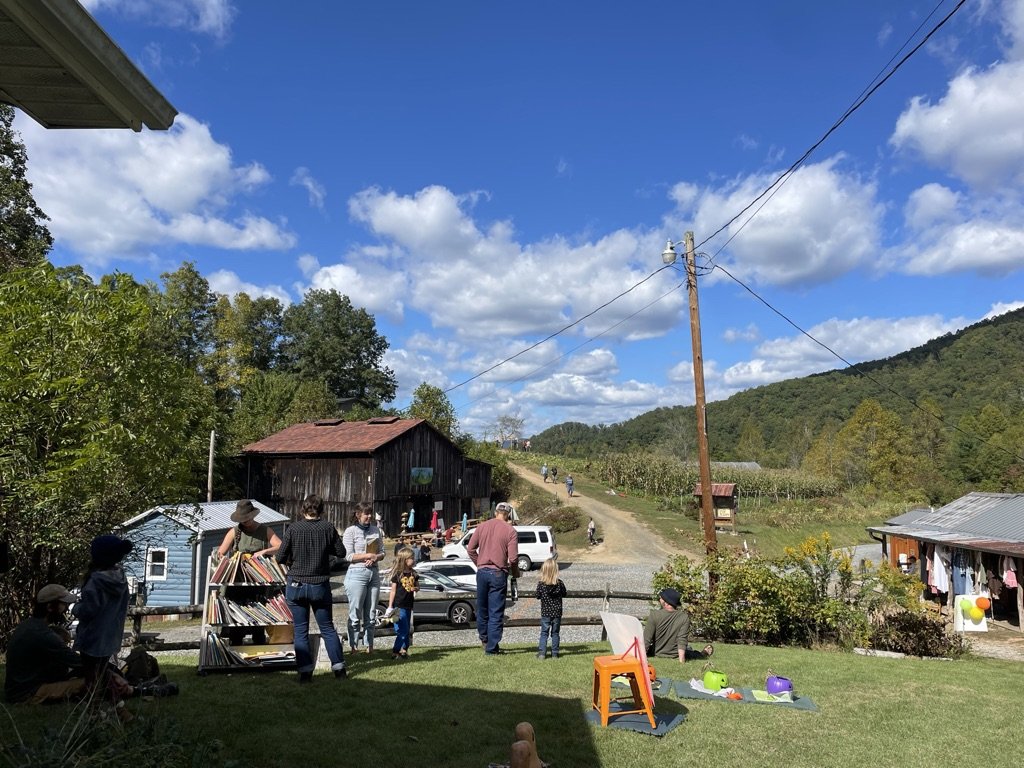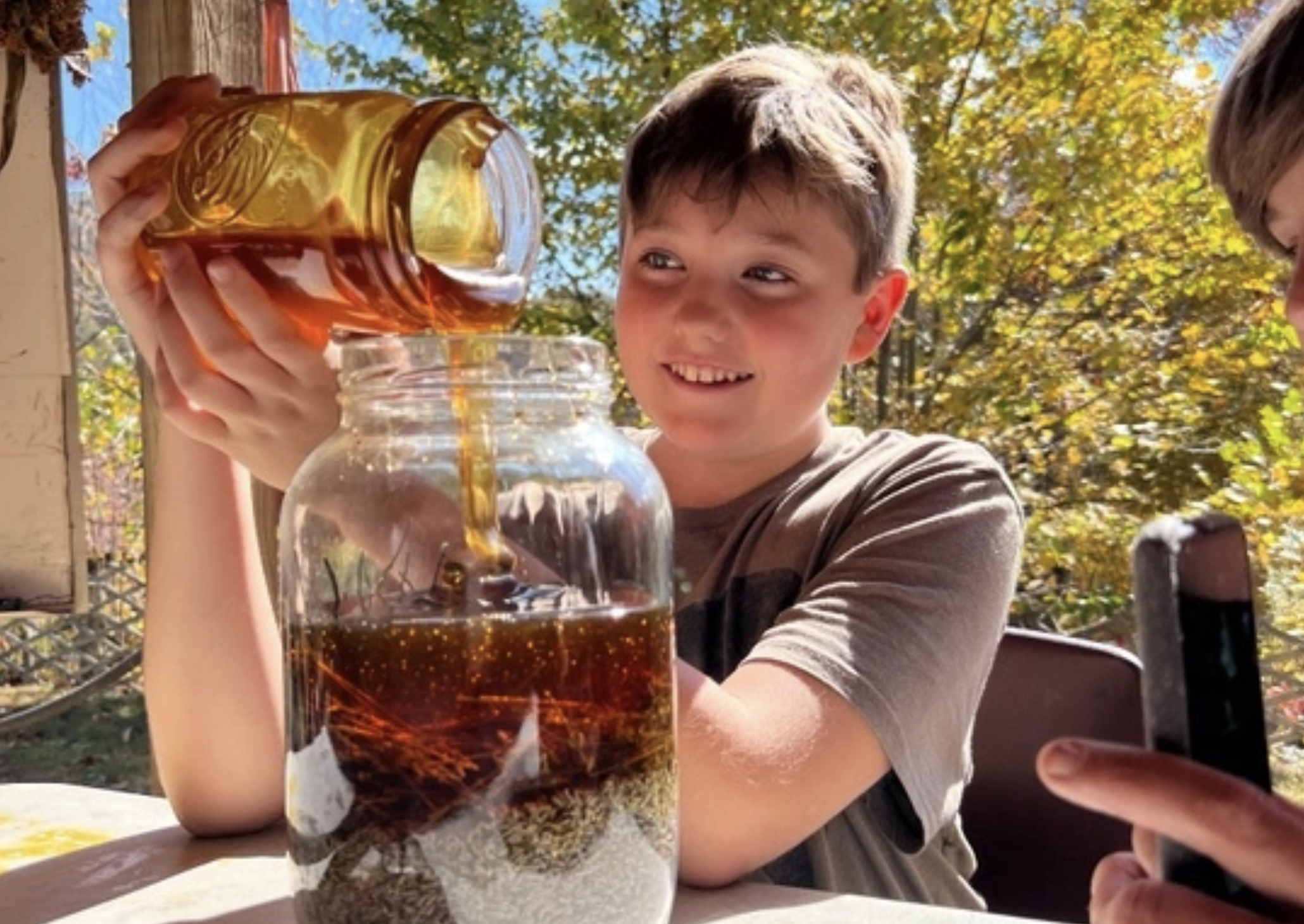Farm & Food
Nourishing Our Community—From Soil to Table, Together.
Nourishing Our Community
At the heart of MCCLC’s farm and food initiative lies a simple belief: growing and sharing real food builds healthier bodies, minds, and communities. Our regenerative gardens—teeming with garlic, tomatoes, lavender, elderberries, and heirloom crops like sorghum—are more than sources of sustenance; they are living classrooms where hands-on learning meets Appalachian tradition.
Are you someone with connections to farm & food grants or funding partners? Please email us, let’s connect!







































We Believe In…
Regenerative Practices
We cultivate over 100 varieties of fruits, vegetables, and medicinal herbs using no-till, compost-rich, and permaculture techniques. This approach nurtures soil health, strengthens biodiversity, and models climate-resilient farming for our region.
Student Learning
Each spring, K–8 students design and tend individual garden plots—learning botany, ecology, and responsibility as they watch seeds become food. They learn to build raised beds, test soil pH, and create wildlife habitats that support pollinators.
Traditional Medicine Projects
Harvested herbs and fungi become the ingredients for elderberry syrup, fire cider, salves, and reishi tinctures. Students blend cultural knowledge with scientific methods—tracking extraction rates, measuring doses, and packaging products for community distribution.
Community Food Distribution
Through our partnership with Beacon of Hope, surplus produce and medicinal preparations flow directly to families facing food insecurity. This collaboration creates a direct line between education, equity, and wellness—ensuring everyone benefits from our harvests.
Cultural Preservation
Each year, we highlight a heritage crop—heirloom corn for freshly milled cornmeal or native sorghum for molasses—keeping Appalachian agricultural traditions alive. We celebrate these practices through hands-on workshops and community gatherings.
Future Vision
Inspired by models like the Edible Schoolyard and Hawthorne Valley, we envision a community-led food program where learners grow, harvest, prepare, and serve meals on campus—creating a fully integrated educational, nutritional, and economic ecosystem.








